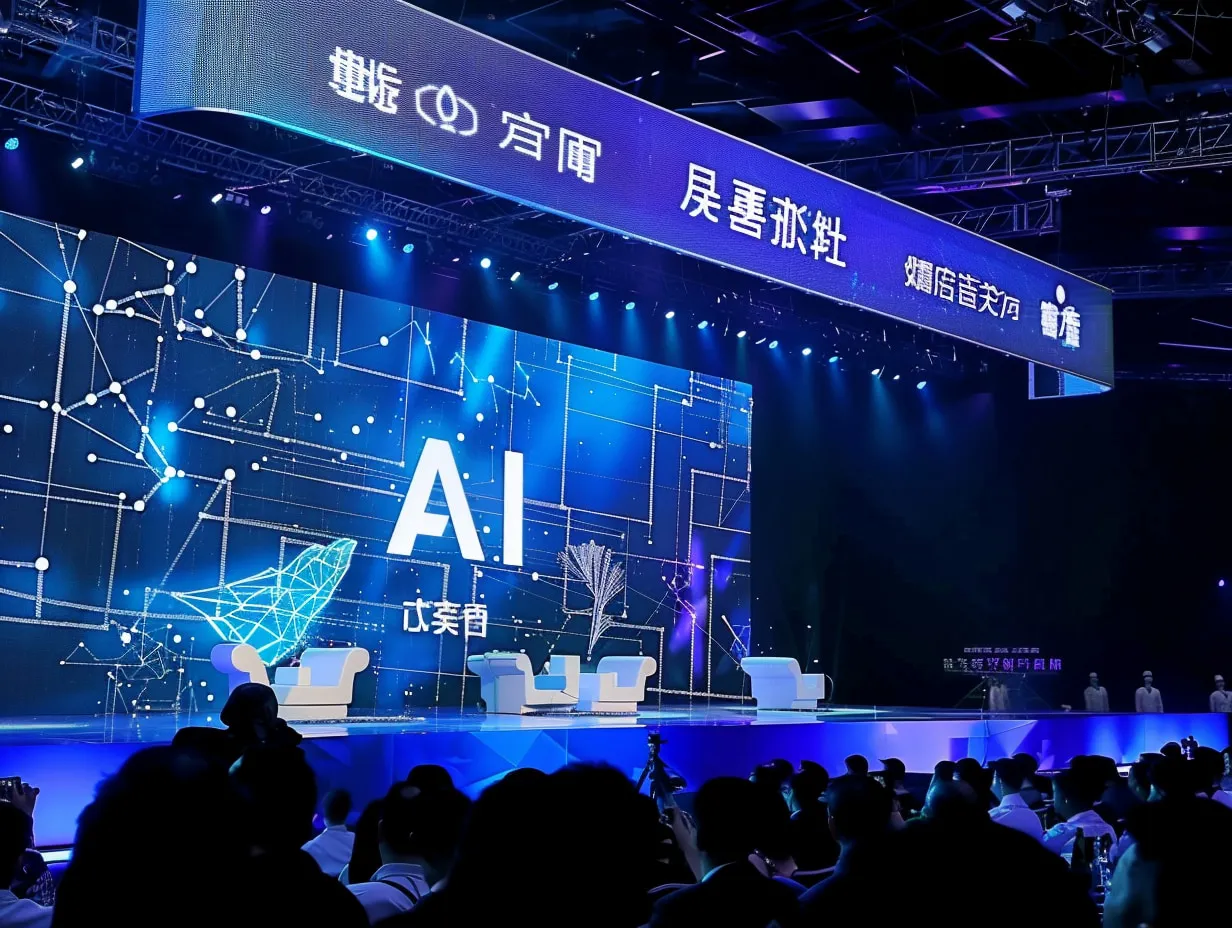Former Defense Secretary Mark Esper has emphasized the critical nature of the ongoing competition for AI dominance between the United States and China. He believes AI will revolutionize multiple industries and has stressed the need for the U.S. to take the lead and dominate this technological space. The U.S. military is now turning to AI and machine learning, with many former Pentagon officials and defense personnel venturing into the high-tech sector to integrate AI tools into military operations. However, China’s substantial investment in AI presents a formidable challenge, and the U.S. must streamline its procurement process and foster closer collaboration with innovative AI startups to stay ahead.
Mark Esper highlights AI’s profound impact on society, influencing various aspects of business, media, and defense. Recognizing the strategic significance of AI, he advocates for the U.S. to secure a leading position and ensure its dominance in this transformative field. While acknowledging America’s innovative capabilities, Esper contends that the Department of Defense (DOD) struggles to adopt and integrate new technologies effectively.
The growing role of AI in the military
Esper, now heading a new business venture, urges greater integration of AI startups with the U.S. military. In the past, Silicon Valley hesitated to engage in national security work due to ideological and business concerns. However, the tide is turning as the tech industry recognizes China’s challenge and AI’s immense potential in military and commercial applications. Esper led a task force at the Atlantic Council that produced ten recommendations to better integrate AI and high tech into the military, including streamlining funding for new weapons systems.
Esper predicts that the battle for AI dominance with China will span decades, making it a unique and ongoing race to master these transformative technologies. Unlike past geopolitical struggles, the nature of this competition may be more episodic and challenging to assess. He stresses the importance of collaboration with Western democracies to compete with China in the AI arena effectively.
Obstacles to revolutionizing the U.S. defense industry
Despite the push for AI integration, revolutionizing the U.S. defense industry presents challenges. The entrenched players and size of the defense sector make rapid transformation difficult. Moreover, a disconnect has developed between the national security and technology communities. The track record of senior Pentagon officials transitioning into investing and startups has been mixed, with notable failures such as the Theranos scandal involving former defense secretary William Perry and James Mattis.
AI startups collaborating with the U.S. military
Red Cell Partners, a tech incubator comprising retired Pentagon leaders and technologists, collaborates with the Pentagon to develop early-stage AI firms. DEFCON AI is working on using AI and machine learning to improve military logistics, particularly for possible operations against China in the Indo-Pacific region. Tara Mind and Zephyr AI, two other Red Cell incubations, focus on finding medical solutions and therapies for military veterans, including using psychedelic drugs to address mental health challenges.
China’s advantages in AI development
China is making significant strides in AI development for military purposes, particularly in visualization and surveillance, partly due to its extensive domestic spying operations. The country’s substantial investment in AI gives it an advantage, as the People’s Liberation Army allocates a higher percentage of its budget to AI development compared to the Pentagon. China’s Communist government also has the authority to integrate private sector technology advances into its military efforts, setting it apart from the U.S.
The Pentagon’s stance on AI
Despite concerns from some technologists about the potential risks of AI, the Pentagon sees AI and machine learning as crucial tools, given the advances made by China. General Paul Nakasone, who leads U.S. Cyber Command, testified before Congress about the significance of AI in the ongoing competition with adversaries.
The race for AI dominance between the United States and China is an existential struggle that will shape the future of various industries and military capabilities. The U.S. must leverage its innovation prowess and overcome obstacles to integrate AI into its defense systems effectively. Collaboration with AI startups and closer ties between the national security and technology communities will be essential in maintaining an advantage over China in the evolving landscape of AI development.





